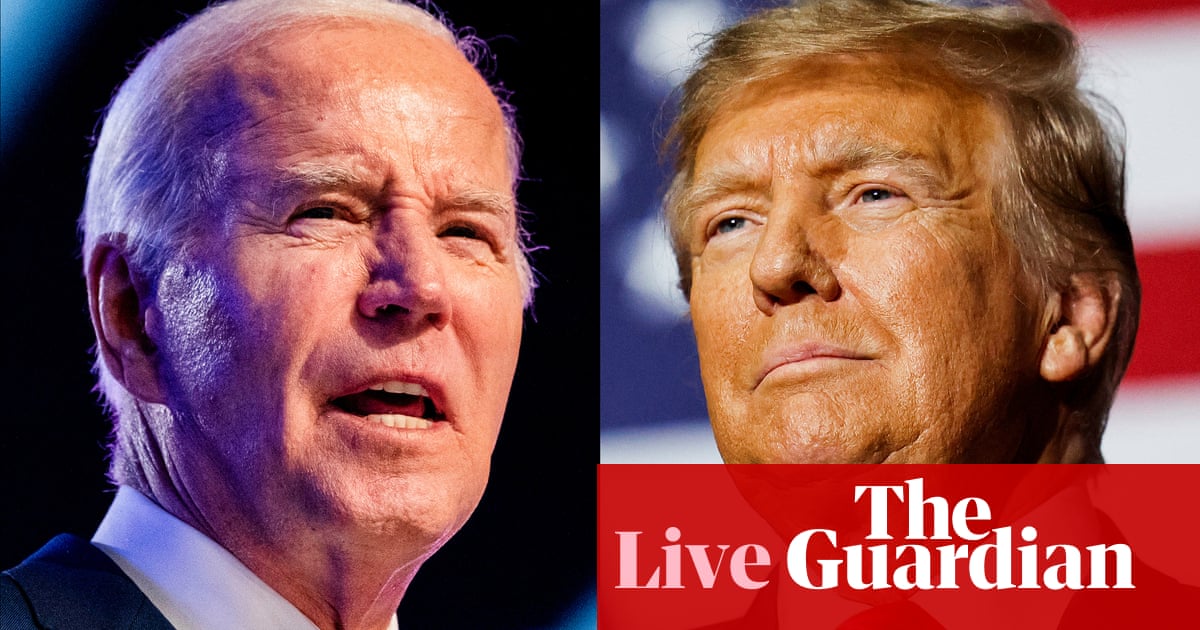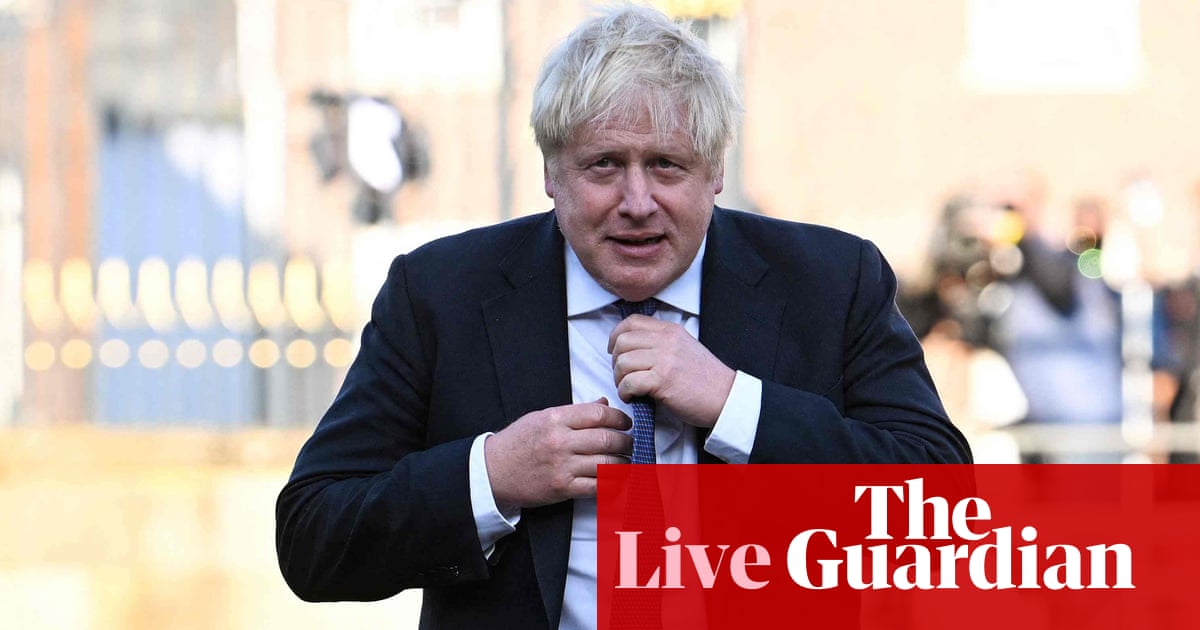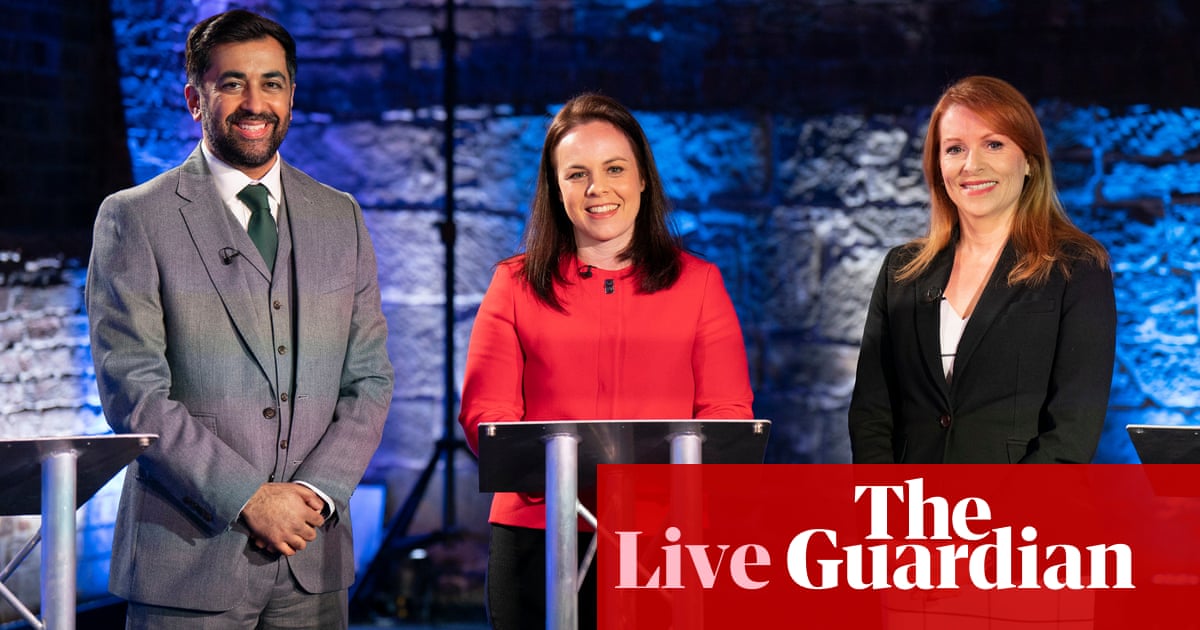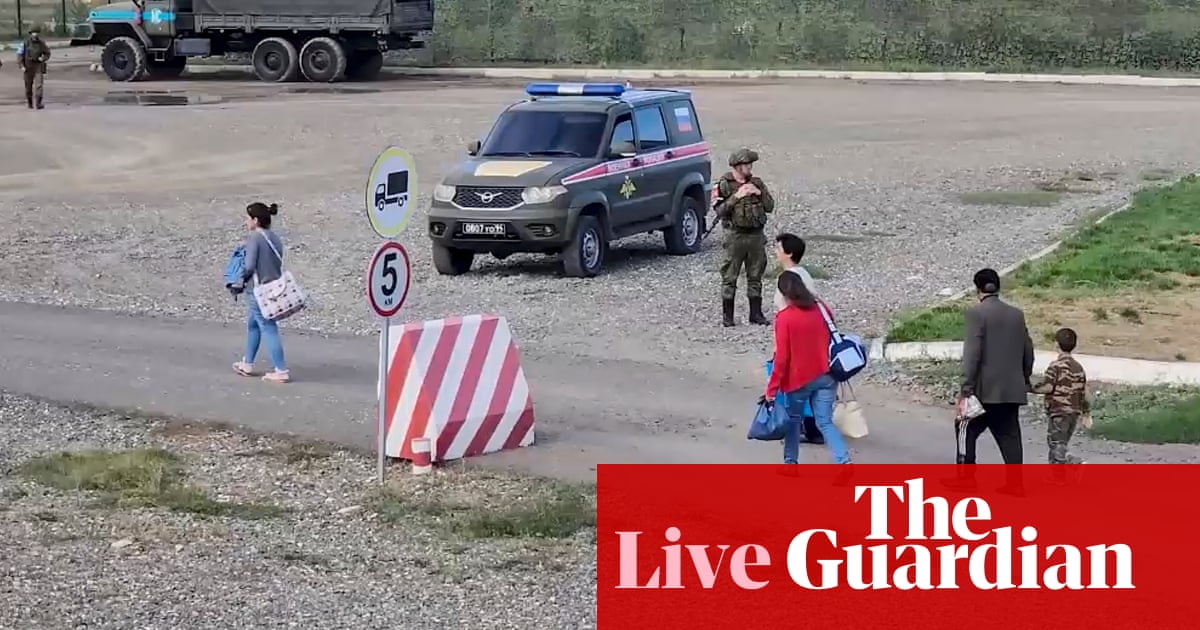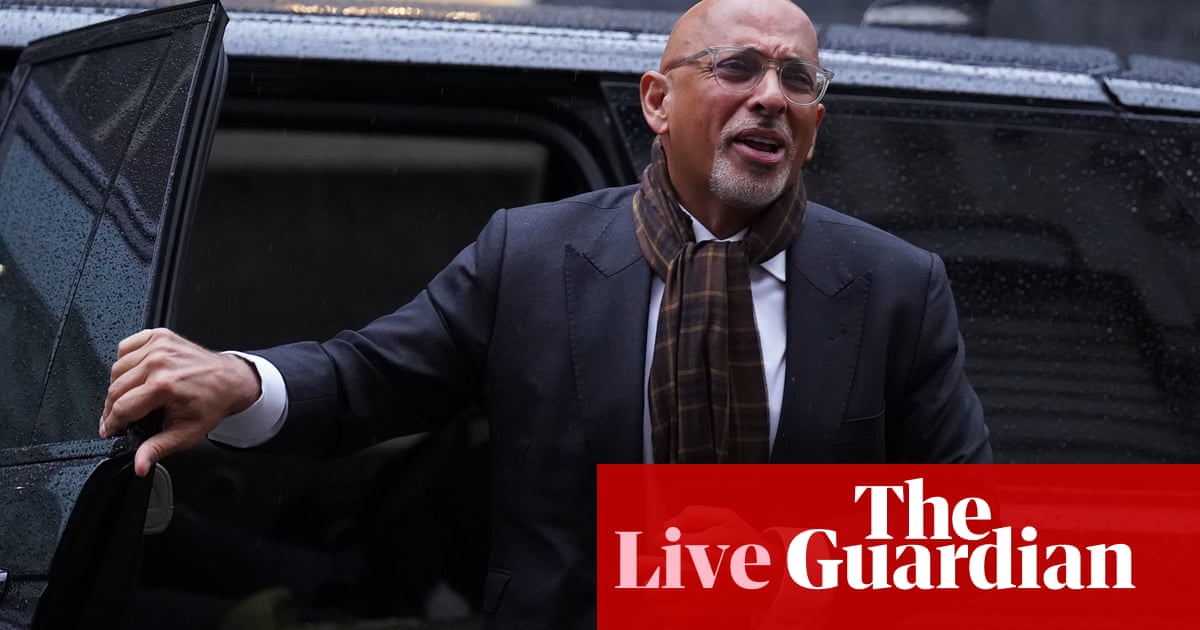
With warm weather forecast this weekend, in a moving moment during the daily news conference the chief nurse Ruth May pleaded with people to remember Aimee O’Rourke and Areema Nasreen, two nurses who died after contracting Covid-19. “Please stay at home, for them”.
The health secretary Matt Hancock issued a call for more volunteers to take part in “essential” clinical trials. He said the bigger the trials, the greater the data, the faster treatments can be rolled out.
UK hospital deaths saw a record daily rise of 684, bringing the total to 3,605 patients who have died after testing positive for Covid-19.
The NHS Nightingale Hospital in London was opened by the health secretary and the Prince of Wales (via video link). In addition to ones in Birmingham and Manchester, two more temporary hospitals were announced in Bristol and Harrogate.
The Welsh government is to make it a legal obligation for companies to ensure employees stay 2 metres apart. The law will come into effect on either Monday or Tuesday next week.
The Premier League will ask footballers to take a 30% wage cut and it is committing £20m to the NHS and £125m to lower leagues. It also confirmed the league would not resume at the end of May.
Confirmed cases among inmates rose by 20% in the last 24 hours to 88 across 29 prisons in England and Wales.
The prime minister Boris Johnson remained in self-isolation as he continued to have a high temperature.
Road travel fell to levels not seen since 1955 as all forms of travel plunged in urban areas.
The exam regulator unveiled plans for how GCSE and A-level students will get their grades: a combination of teacher assessment, class rank and school performance will determine grades.
And finally, the Queen has recorded a special coronavirus broadcast, which will be aired on Sunday. It will be only the fourth time she has issued a televised address to the nation in troubled periods.
Thousands of British nationals trapped in India after the country went into lockdown are to be rescued by charter flights which will start leaving the country next week, the foreign office has announced.
In the past few minutes, Jan Thomson the high commissioner in Delhi has said:
Special charter flights from India to the UK organised by the British government will start next week.
We are still in the process of finalising details with the Indian government and airlines.
Next week is just the start. We will not be able to get everyone home immediately so please bear with us.
India has been a priority for the government since Dominic Raab announced the £75m airlift operation to repatriate stranded Britons.
More details of flights are expected on Sunday.
Thompson said the priority would be to get the most vulnerable on board first after reports of many elderly tourists in Kerala.
The British ambassador in Kathmandu has also confirmed flights from Nepal, possibly at the end of next week.
In these extraordinary times, the Guardian’s editorial independence has never been more important. Because no one sets our agenda, or edits our editor, we can keep delivering quality, trustworthy, fact-checked journalism each and every day. Free from commercial or political bias, we can report fearlessly on world events and challenge those in power.
Your support protects the Guardian’s independence. We believe every one of us deserves equal access to accurate news and calm explanation. No matter how unpredictable the future feels, we will remain with you, delivering high quality news so we can all make critical decisions about our lives, health and security – based on fact, not fiction.
For as little as $1, you can support us, and it only takes a minute. Thank you.
At the start of the year, plans for the celebration of the 700th anniversary of Scotland’s most important historic document, the Declaration of Arbroath, were well underway, with the a new digital exhibition at Arbroath Abbey, an international archivists’ conference and a national programme of public events for adults and children.
The original declaration of Scottish independence, in the form of a letter submitted by Scots nobles to Pope John XXII and dated 6 April 1320, was intended to confirm Scotland’s status as a sovereign state. Believed to have influence the American Declaration of Independence, the declaration famously states:
For as long as one hundred of us shall remain alive, we shall never in any wise consent submit to the rule of the English, for it is not for glory we fight, nor riches, or for honour, but for freedom alone, which no good man loses but with his life.
Then came lockdown. At the last minute, broadcaster Lesley Riddoch and filmmaker Charlie Stuar decided that the anniversary could not go unmarked.
As Arbroath Abbey and the National Library of Scotland, where the original medieval document is housed, were shutting down, the pair managed some speedy filming, as well as interviews with historians like Fiona Watson who were due to contribute to the scheduled celebrations.
A Facebook appeal called for members of the public to record a few lines from the evocative declaration on their phones, and contributors include the actor Brian Cox.
The film will be available on social media and on lesleyriddoch.com with the video available on from Saturday morning at 9am.
The chair of the home affairs select committee, Yvette Cooper, has has written to the home secretary requesting urgent clarification on government advice for individuals returning to the UK, particularly from areas with high numbers of coronavirus cases.
Australia, Canada, Germany, Ireland and New Zealand are among countries now recommending or requiring quarantine or self-isolation for people arriving in the country.
In a letter to Priti Patel, by way of example, Cooper says people are continuing to arrive in the UK from New York where the number of cases in the state reached 75,000 this week and continues to rise and not asked to self-isolate for seven to 14 days.
The Coronavirus Act 2020 gives police and immigration officials powers to require those who arrive from affected areas to self-isolate, but it is not clear whether or how these powers will be used.
Cooper has asked Patel to confirm what advice the government has taken, and from whom, in respect of Covid-19 policies on people entering the UK from abroad.
Van Tam said there is no evidence that the generally wearing of face masks by the public who are well effects the general spread of the disease in society.
It is not recommended by the government.
Hancock said £5m has been put in to support Mind to help people dealing with mental health struggles.
He added that he “absolutely sees green shoots” in terms of the massive change in public behaviour. If that continues, they will be “really big green shoots in the end”.
In the hospital data it is too early to tell.
Van Tam said it is important that antibody tests are “rigorously evaluated” before they can be deployed.
Hancock said 17.5m antibody tests have been provisionally ordered but can only be used if they work.
He says no G7 country has yet found one that works and the search continues as the science is constantlyd developing.
May said DNAR discussions need to be done sensitively.
Hancock reiterated he does not know when the peak will com and distanced himself from earlier comments made to Sky News that it could be around Easter.
He concedes that there will be people who are self-isolating and who have Covid-19 that are not counted in the official statistics as they have not been tested.
He would not like to speculate on how large a number that represents.
He said it is for physicians in charge of care of patients to approach them and ask if they would like to take part in clinical trials.
But, yes, people are needed to take part.
The 926 figure is “fantastic work” from clinicians and patients.
Van Tam says a taskforce is looking at the loss of taste and smell as a symptom of Covid-19. He says that limited data suggests it is true but does not contribute anything on its own to the overall affinity of the diagnosis.
Hancock said he did lose his sense of taste while he was suffering from Covid-19 but this was not permanent.
Questions are coming in from the press now.
Van Tam said we do not know when the peak will be. But it will partly depend on how well physical distancing is adhered to. Premature actions will not be taken.
He added that he does not think we are “anywhere close to the kind of scenario” where the peak comes and the NHS does not have enough ventilators.
It is not known, but could be a few months, before results from clinical trials come in.
It depends on how fast patients can be recruited to take part in the trials.





